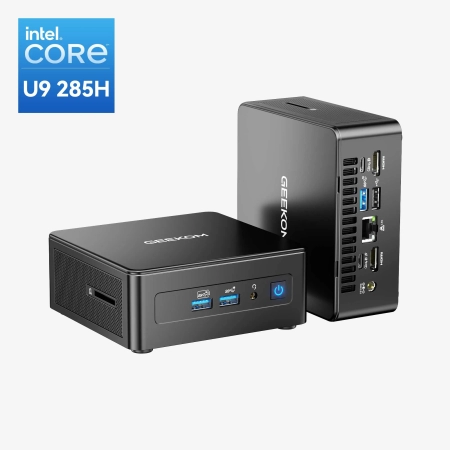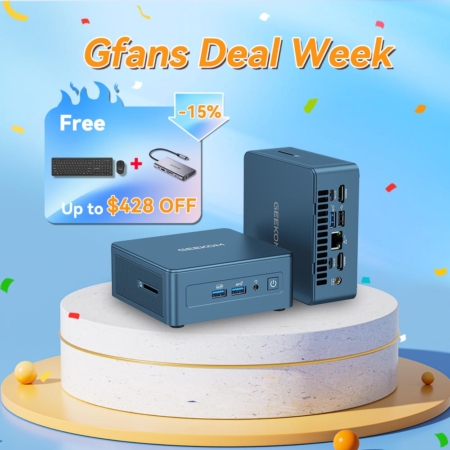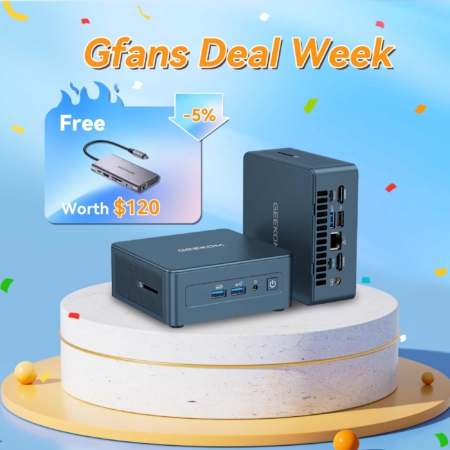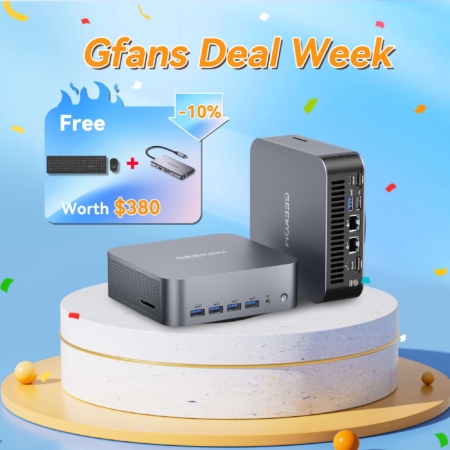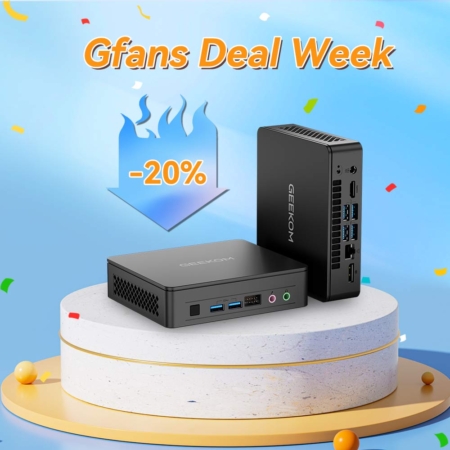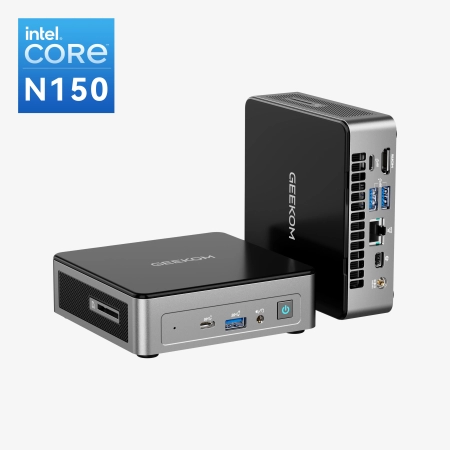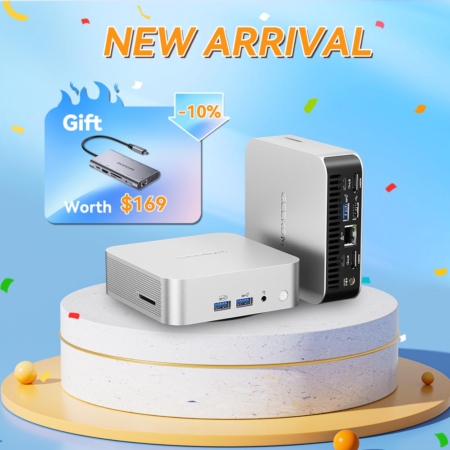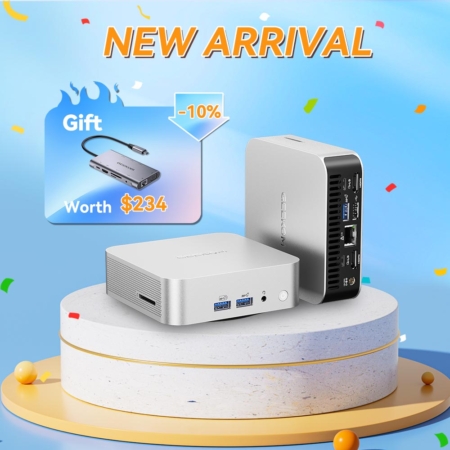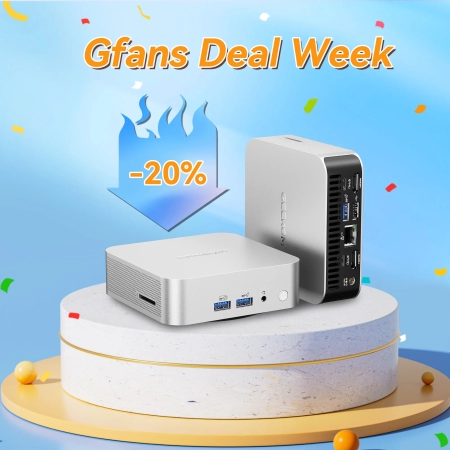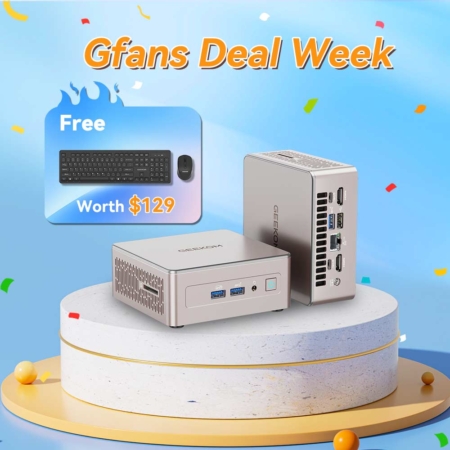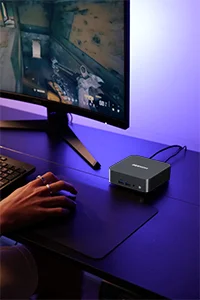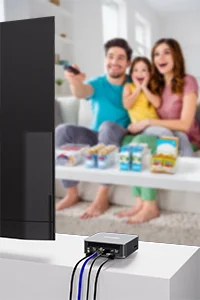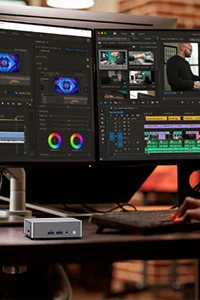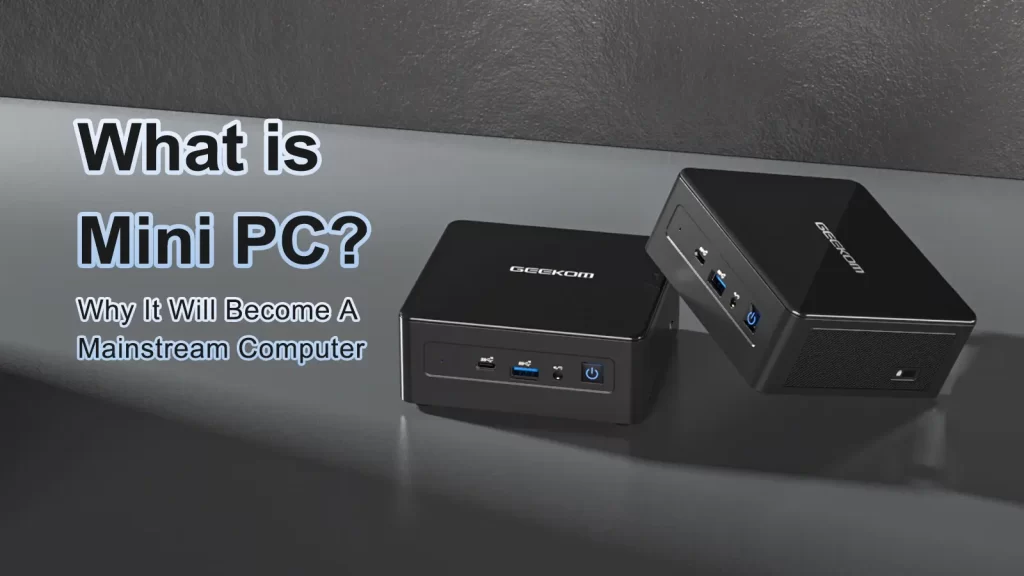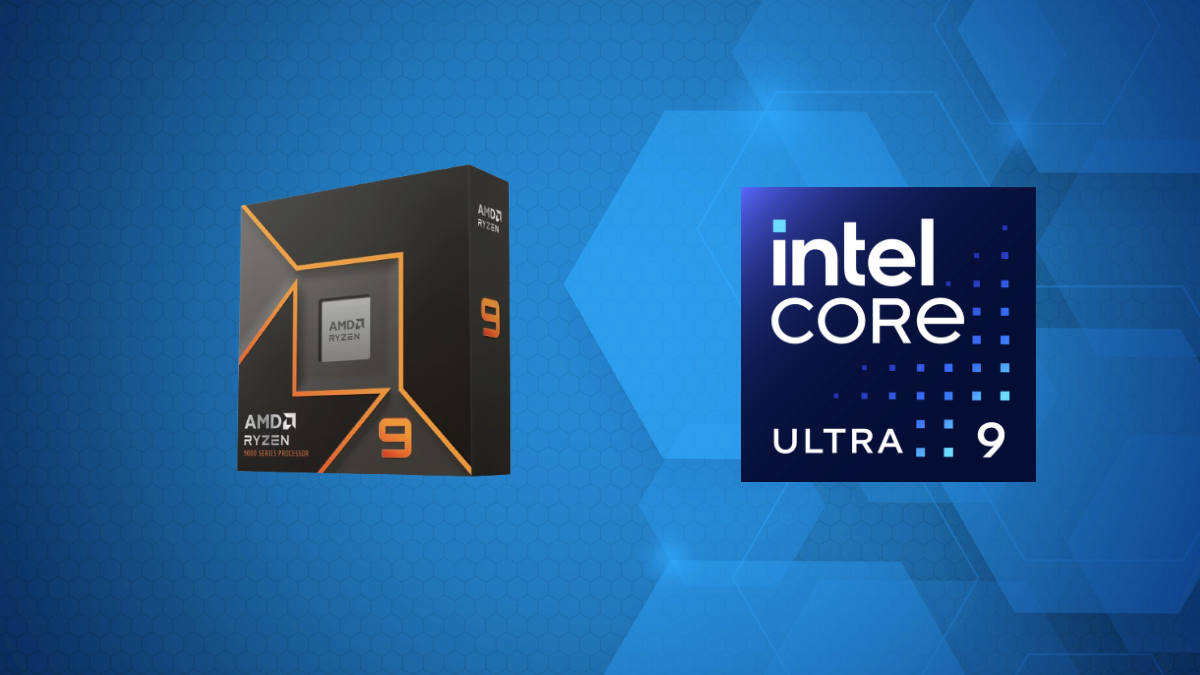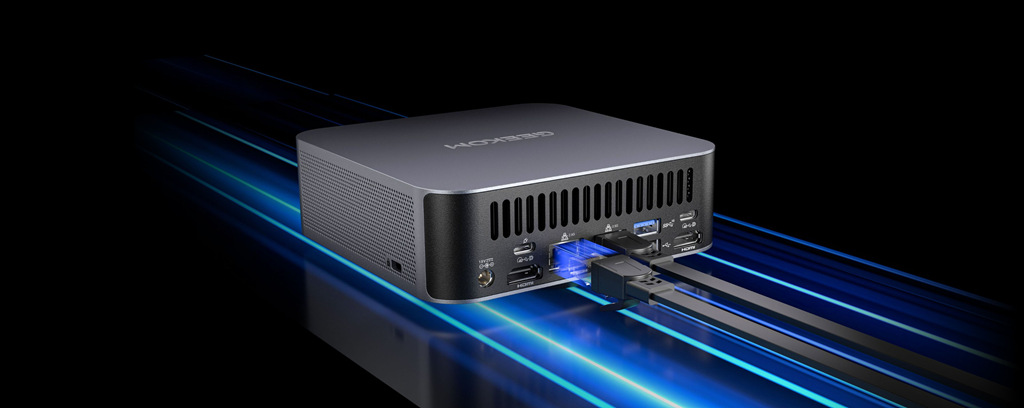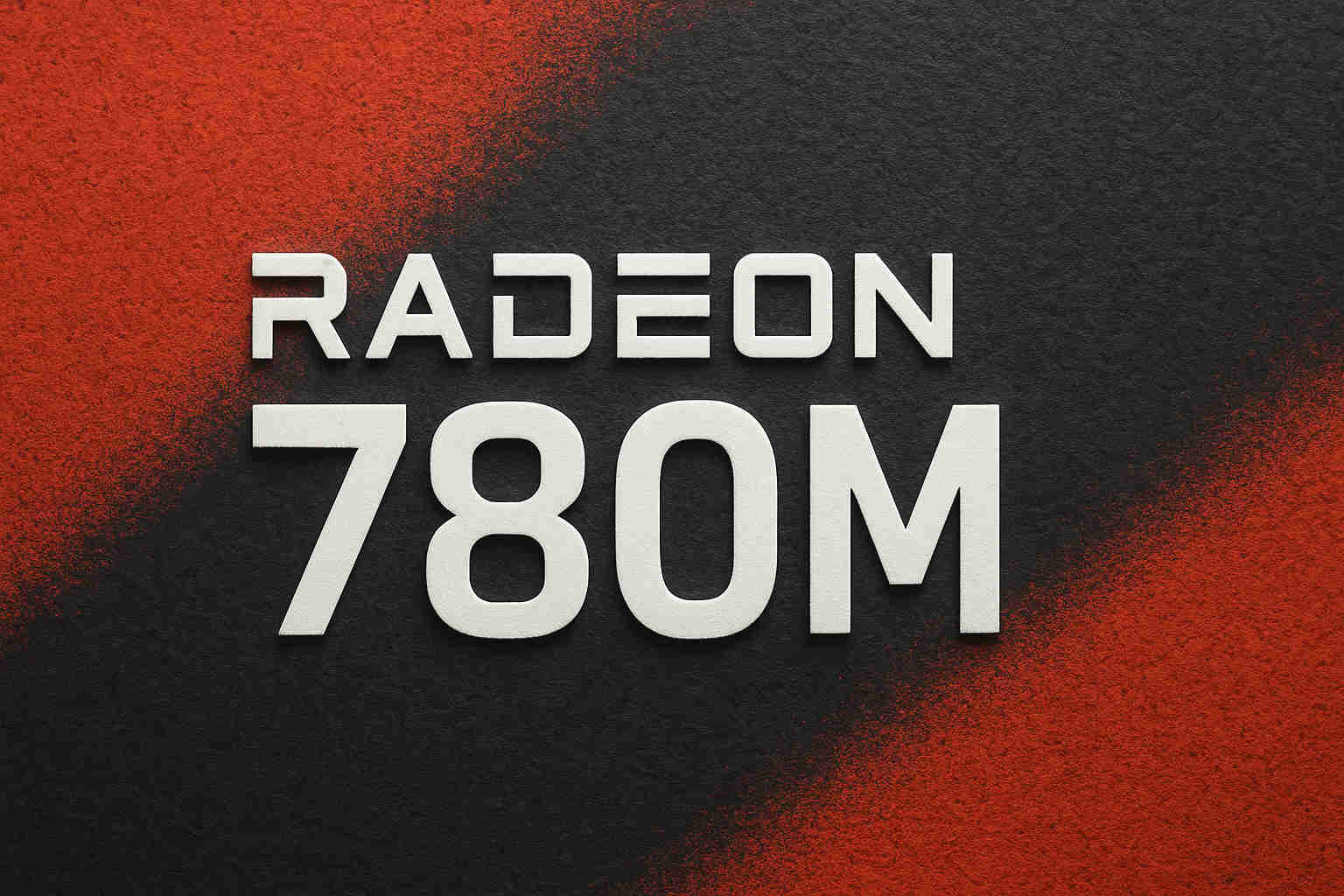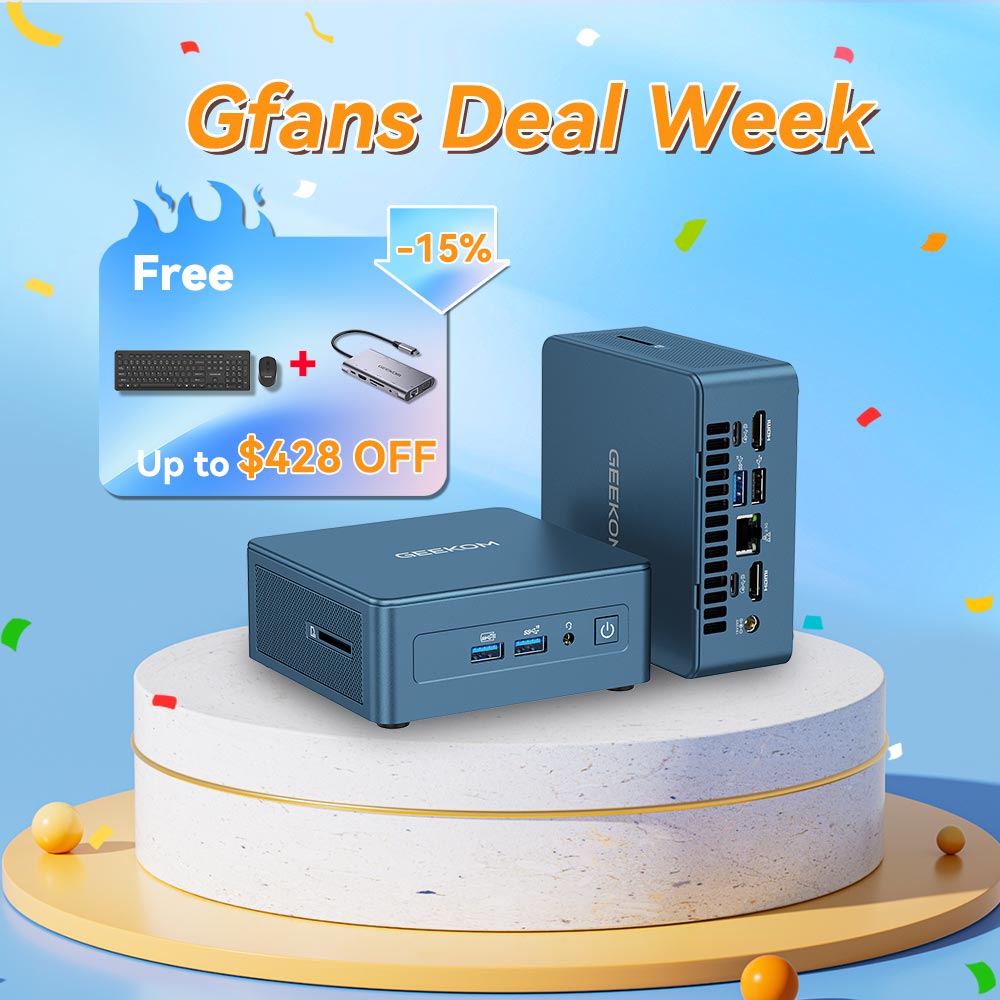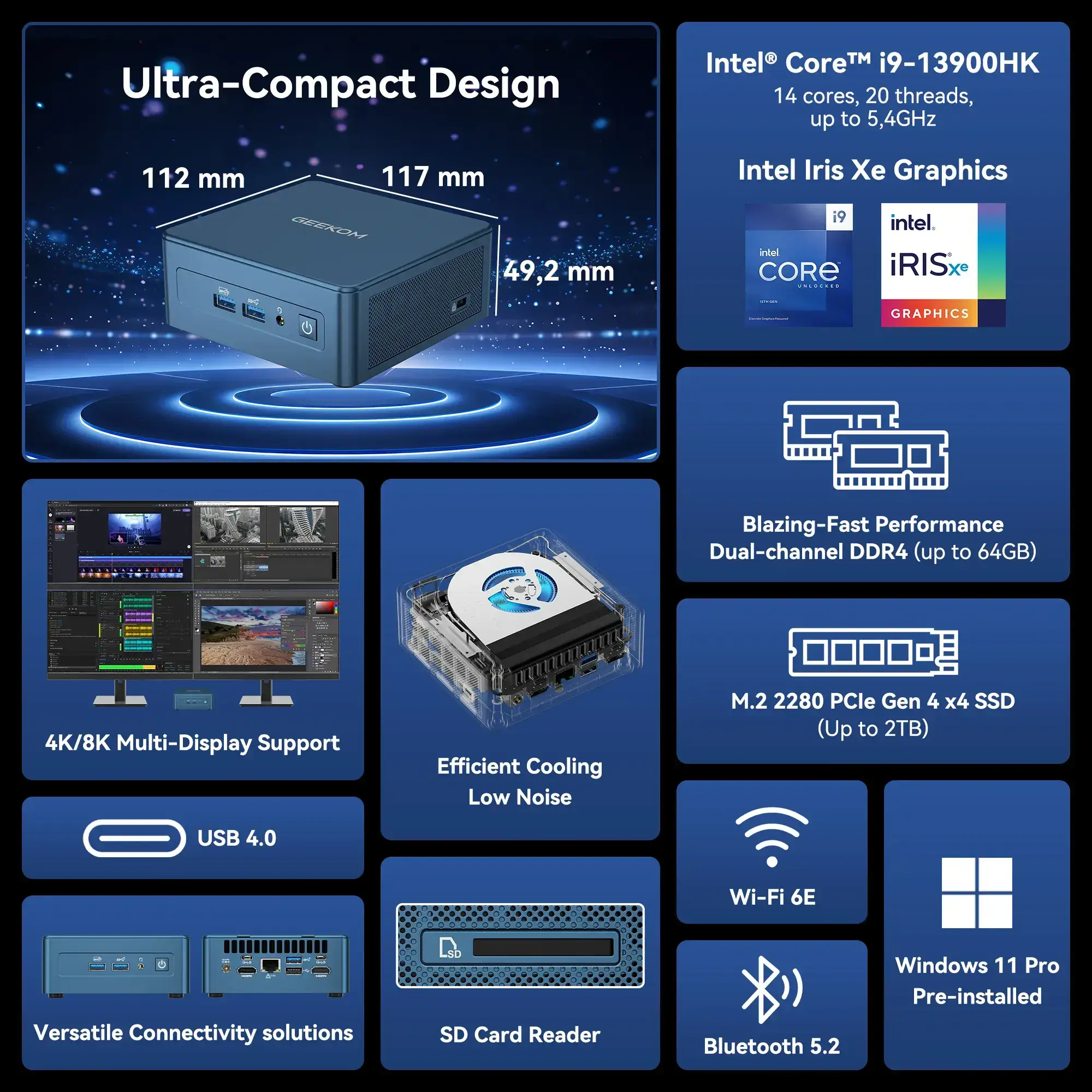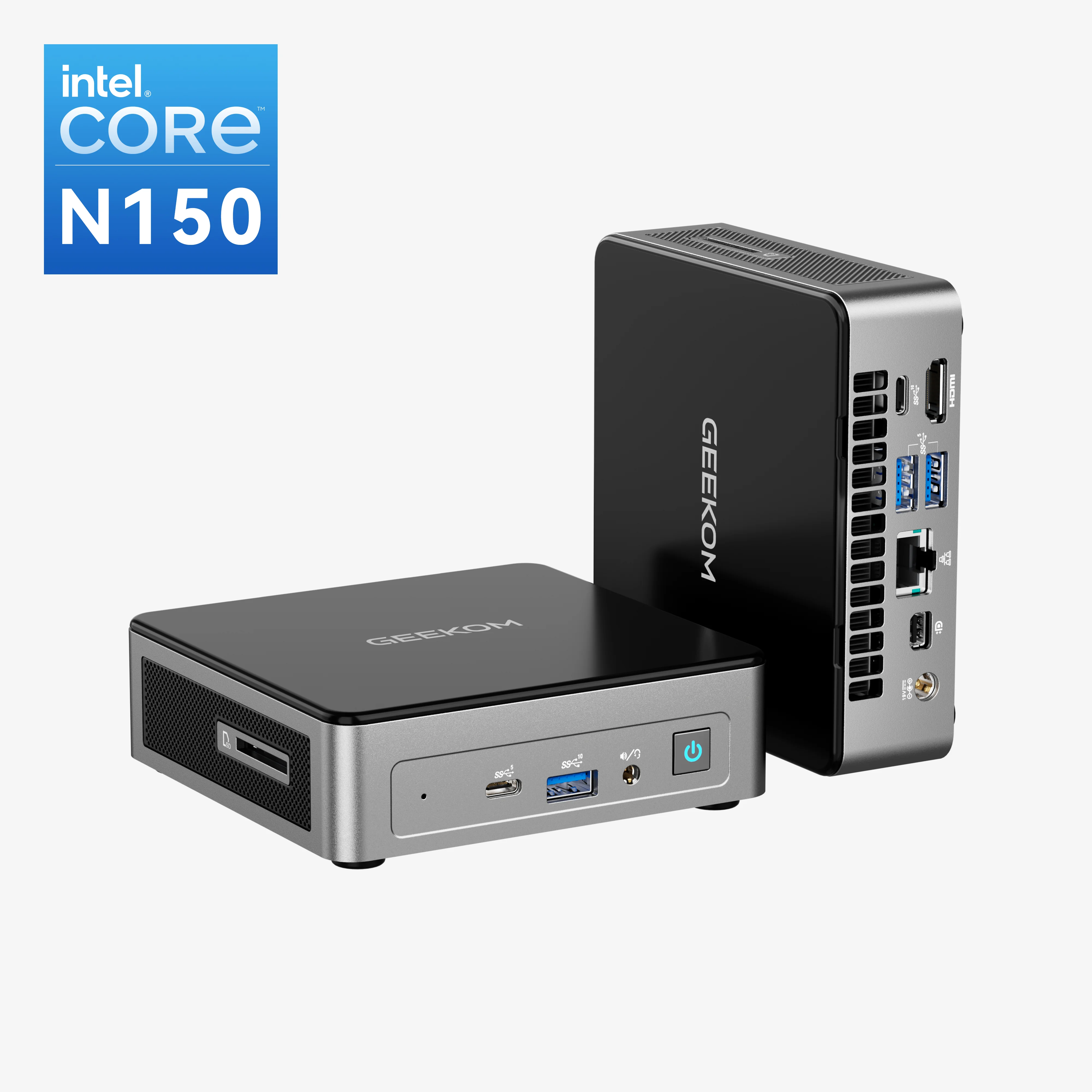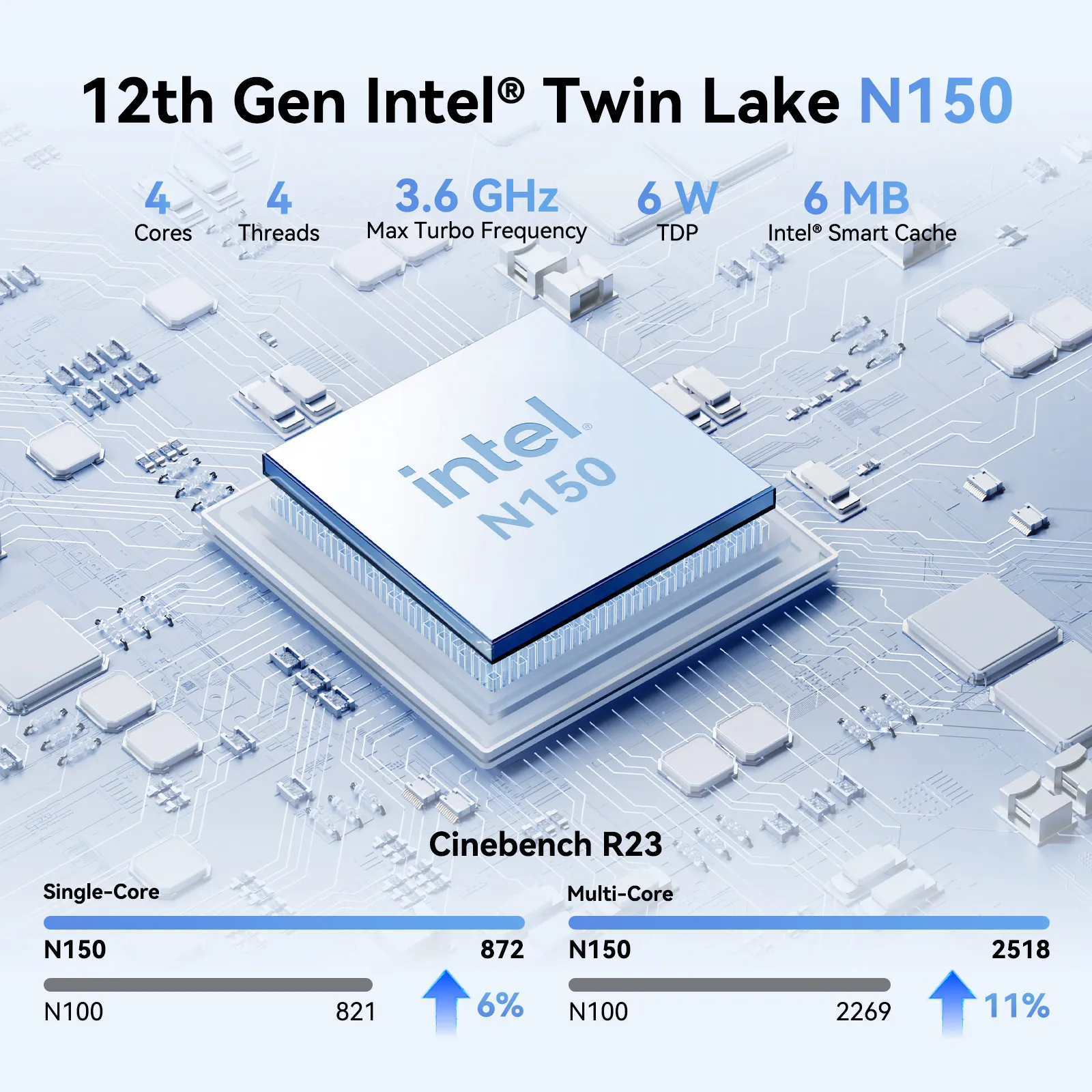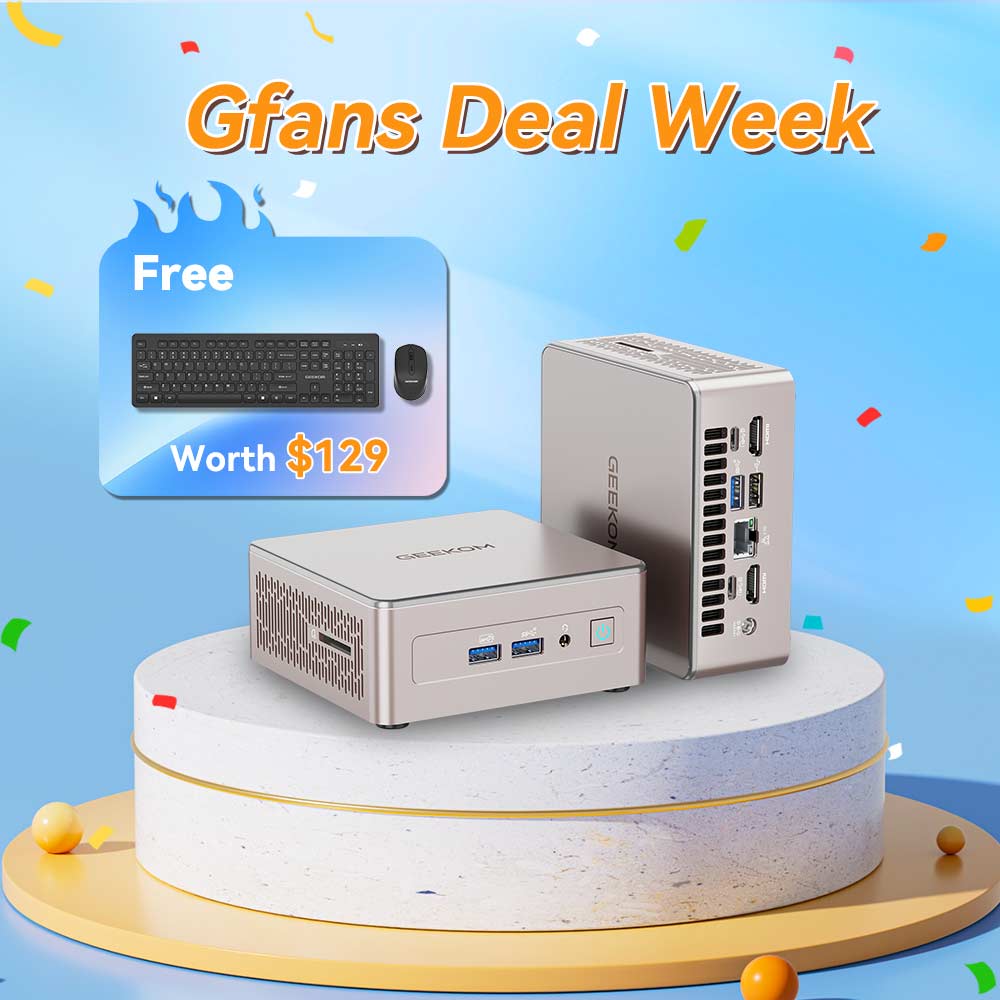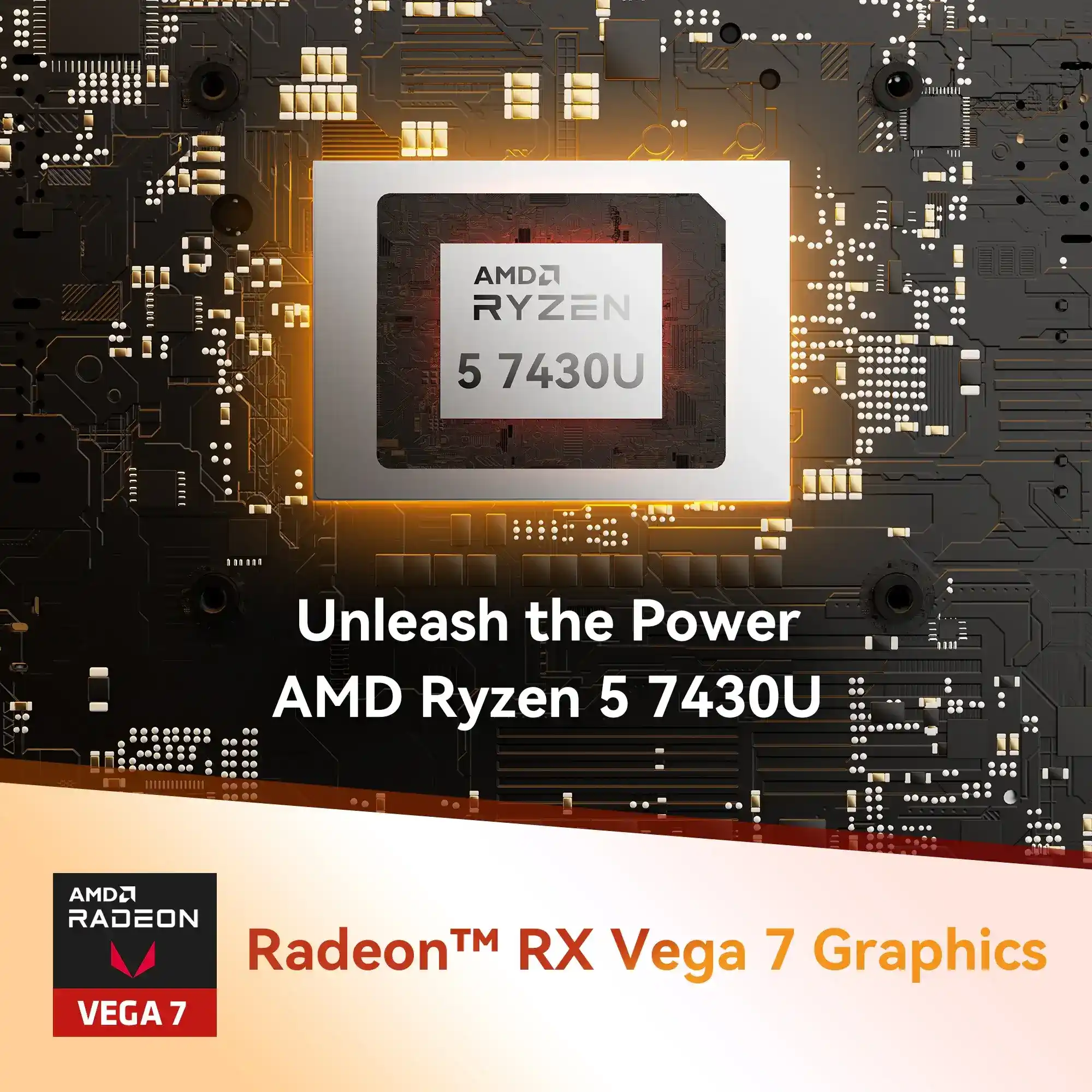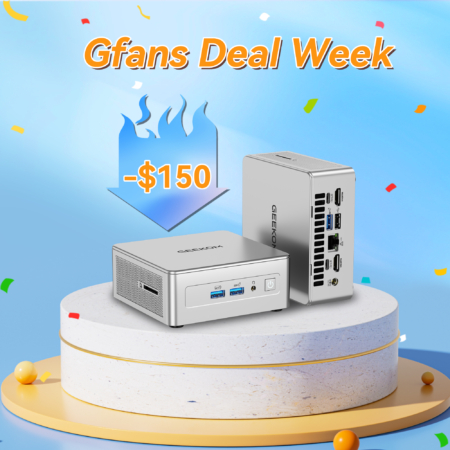Computers are getting smaller and more powerful with each passing year. These are the same devices that once used to take an entire room’s worth of space, but today we easily carry them around in our laptop bags.
But why stop there? Why not have something even more compact?
Those are the questions that the creators of mini PCs set out to answer years ago. So if you don’t know what a mini PC is or the advantages it offers, you’re in luck. This post will give you everything you need to know.
What is a Mini PC?
As the “mini” in the name implies, a mini PC is a revolutionary form factor that strips our computers of all the bulk and turns them into a tiny device that we can carry anywhere we want.
Don’t let the word miniature mislead you. A mini PC comes with all the components you’ll find in conventional desktop computers. A modern motherboard, processor, RAM, hard drive, and lots of connectivity ports are all included.
As far as daily usage is concerned, these tiny computers are just as good as their bulkier cousins. Some advanced models like the GEEKOM Mini IT13 are so powerful that they can run intensive applications like Photoshop, Sony Vegas, and even some video games!
How Does Mini PC Work?
Like other computers, a mini PC has a CPU and memory, which means it operates the same way as a normal computer does.
Where the CPU executes an instruction by fetching it from the memory, using ALU to operate, and then storing the result in its memory.
Do Mini PCs Use Mobile Chips?
In the past, mini PCs typically used mobile chips. This is because they were designed to be used in mobile devices such as laptops.
However, more recent mini PCs have started to use desktop chips. This is because mini PCs are now being used more as desktop replacements.
Is Mini PC Worth It?
Well, its ability is probably beyond your expectations. Those high-end mini PCs rival desktops in processing power, not only towards basic tasks like web browsing, document editing, and light photo manipulation but also, if you happen to be a video editor or 3D animator, a small form factor PC with a dedicated graphics card might be a better fit. For those seeking a versatile and affordable solution for everyday computing needs, mini PCs with the operating system of Windows 11 Pro offer a compelling combination of performance, efficiency, and manageability.
The Advantages of a Mini PC
If you’d like to buy a mini PC but aren’t sure if you should, consider the following benefits of switching to this smallest form factor:
Small and Portable
Let’s start with the obvious advantage. If you love the small size of a laptop, you’re going to love the tiny dimensions of a mini PC.
Forget about buying a bag to carry your laptop as you walk around all day. The right mini PC will be so small that it will fit right inside your pocket. For instance, the GEEKOM Mini IT13 can easily fit inside a jacket pocket.
As long as you’ve got a spare display, whether it’s the monitor in your friend’s office or the flatscreen in your living room, you can get your mini PC up and running effortlessly. Just connect it to the screen and you’ll be good to go.
Compare that to a laptop. You have to carry a keyword, trackpad, battery, and an entire screen with you all day. But with a mini PC, you’ll have to carry the essential components only.
Low Power Requirement
With a small size comes a smaller energy footprint. Mini PCs can dramatically cut back on your electricity usage. This is especially true for heavy users who run intensive applications for close to a dozen hours daily, like video editors and eSports professionals.
Even if you’re not interested in saving a few units on your electricity bill, you shouldn’t underestimate the importance of this low power consumption.
Imagine a disruption in your local power grid strikes out of nowhere. You’ll be left with no option to work as your desktop computer won’t run on a UPS system for long. And that’s considering if you have a UPS system in the first place.
With a mini PC, however, you can easily have a small backup battery and use that to power your computing needs for a long time. This can be a lifesaver for professionals, especially those who love the freedom of remote work.
Affordable
You’d think that such a revolutionary form factor would cost more than conventional computers. But the truth is, a mini PC is often a lot more affordable than its bulkier counterparts.
This is made possible because the smaller size means savings in materials and labour. Plus, companies producing these modern devices often have advanced manufacturing systems to maximize savings and pass them off to consumers like yourself.
So if you want elite computing performance without an elite price tag, a branded mini PC is your best bet.
Plenty of Power
Many people think that mini PCs are too underpowered to meet their computing needs. And they’re right. Most models cannot support anything more than some light browsing and text processing.
However, it’s not all bad news. You can buy an advanced mini PC like the GEEKOM Mini IT13 to run some of the most intensive applications out there. This Intel i5-powered mini PC has enough horsepower to help you edit photos and videos, stream 4K videos, open dozens of browser tabs, and even play some video games!
In other words, a quality mini PC will give you plenty of power to do your work and have some fun too.
What is a mini PC used for?
With their small size and low price, mini PCs are becoming increasingly popular. But what exactly can you do with a mini PC?
Digital Signage
Mini PCs are ideal for powering digital signage displays. Their small footprint allows for discreet placement behind the screen, while their efficient design keeps things cool and clutter-free. Plus, with Windows 11 Pro’s enhanced security features, you can ensure your digital signs run smoothly and securely, displaying your content flawlessly.
Everyday Computing
Mini PCs excel at handling everyday tasks. From web browsing and email to social media and video conferencing, they provide a capable and quiet solution for home or office use.
Entertainment Hub
Looking for a compact entertainment centre? Look no further than a mini PC. Connect it to your TV and enjoy streaming your favourite shows and movies, browsing the web, or even playing some light games.
Creative Companion
While not ideal for heavy-duty video editing, mini PCs can be a great companion for creatives. Use them for photo editing, generating content ideas, or brainstorming on the go.
Is a Mini PC Good For Gaming?
Mini PCs might surprise you with their gaming capabilities! While they won’t match the raw power of a top-tier gaming desktop, certain mini PCs pack enough punch for smooth gameplay on popular titles. Look for models equipped with powerful processors like the latest Intel Core I9 or AMD Ryzen 9 CPUs. These processors will ensure smooth frame rates during gameplay.
Additionally, prioritize models with ample SSD storage, this combination allows for faster game loading times and a more responsive overall gaming experience.
Conclusion
In conclusion, Mini PCs have emerged as compact and powerful computing solutions that combine performance, portability, and versatility.
With their small form factor, energy efficiency, and diverse applications, they have become an attractive choice for individuals and businesses alike.
If you’re interested in purchasing a Mini PC, one reliable option is GEEKOM. GEEKOM offers a wide range of Mini PCs with various specifications to suit your specific needs.


